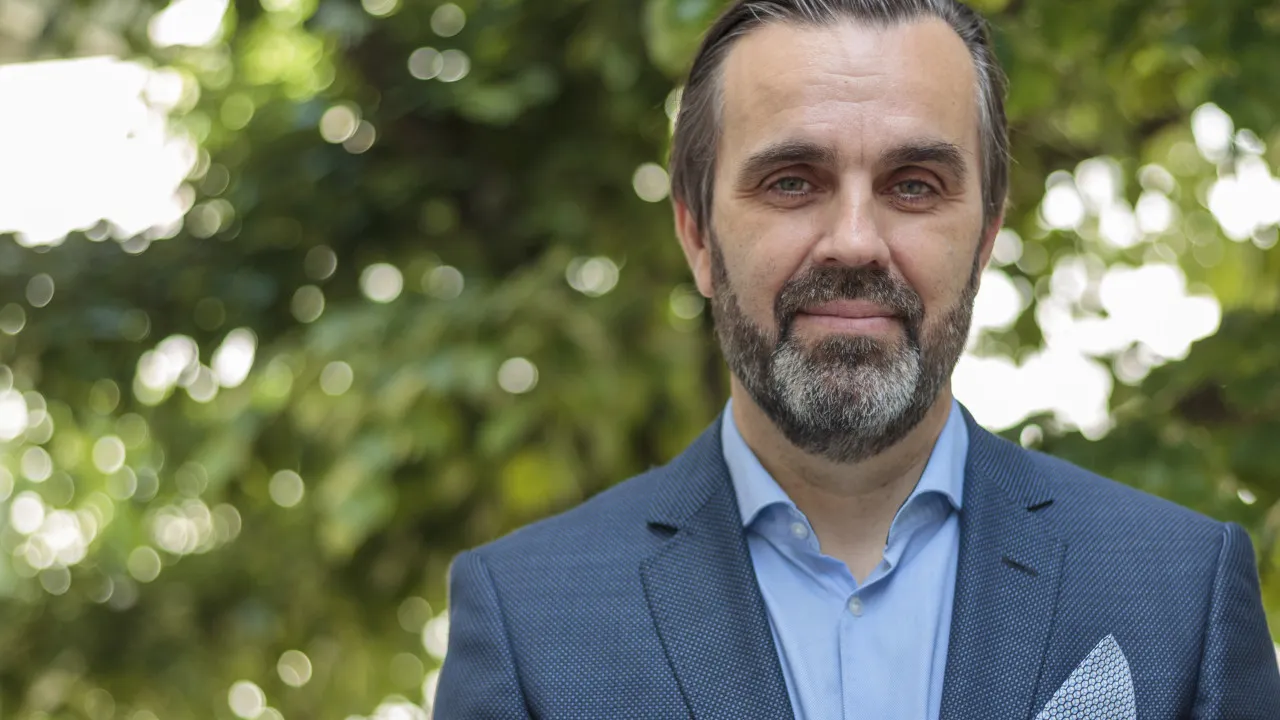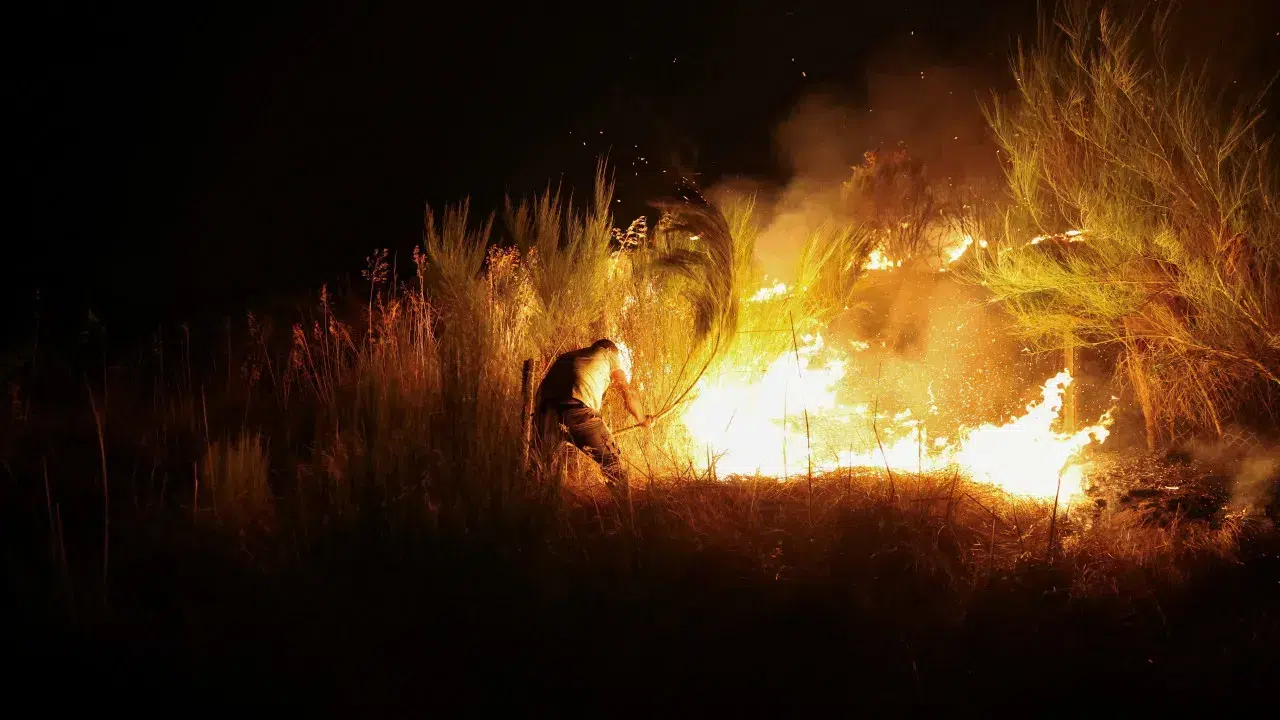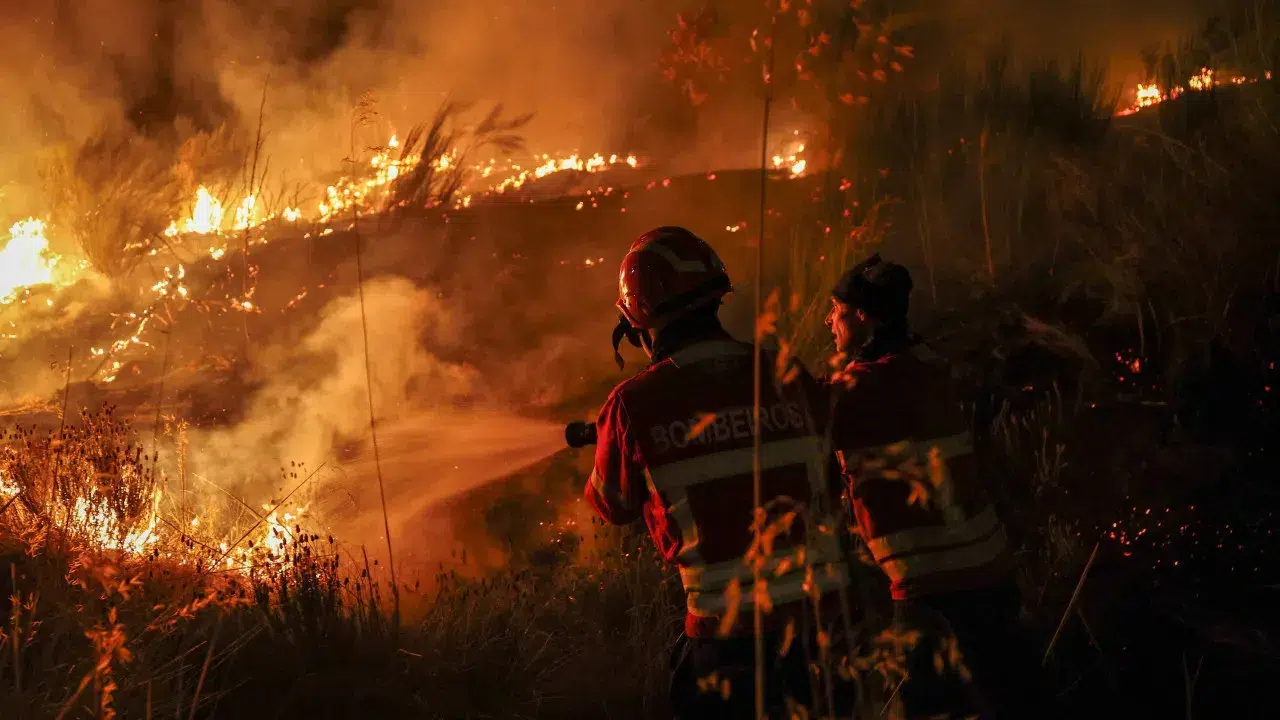
In an overview provided to Lusa regarding the application process for the new specialty, Carlos Cortes stated that the initial phase of selection is currently underway. At present, approximately 1,200 applications have been validated, with 421 already approved.
“Not all have been assessed yet. We will most likely have nearly 1,000 candidates approved,” said the president of the Ordem dos Médicos (OM), considering this “first step absolutely fundamental” for the effective creation of the specialty.
Carlos Cortes outlined that doctors are evaluated by consensus, based on “very strict” criteria such as professional experience, acquired knowledge, and activity in emergency services.
“It is precisely this phase that we are developing. [Identifying] doctors who, despite not holding the specialty, are demonstrably equipped with all the competencies to be granted the title of specialist and to guide future internal doctors,” he explained.
The medical residency, which lasts five years, has already been approved and is expected to begin in 2026. For this purpose, OM initiated this month the second phase of the process with visits to hospital services interested in receiving residents. The aim is to determine if they meet the conditions required to grant or deny formative suitability.
“We can only allocate positions to services that already have specialists [recognized] in this area,” he emphasized, explaining that this will be a more time-consuming phase, as it involves in-person visits and evaluation of each service’s conditions.
The president highlighted that the number of applications “is far above” expectations: “There was significant interest from doctors in this new specialty,” which focuses on an area of “great sensitivity in the SNS.”
“We have witnessed all the problems and difficulties that have existed, not only but especially in this area of emergency services. However, we also must be clear on one aspect: This is not to solve the emergency services issue,” he cautioned.
The president insisted that these problems are not related to a lack of specialists in Emergency Medicine but rather primarily to a shortage of doctors in the SNS, affecting all areas: “There is a shortage of doctors in wards, consultations, medical procedures, and in this more visible area, from a public standpoint, which is the emergency service.”
“The specialty can help, but it is not the solution to the problems in emergency services,” he stressed, adding that it will need to coordinate “very well” with other key specialties such as Internal Medicine, Pediatrics, General Surgery, and Orthopedics.
In addition to the need for more human resources, he advocated for “greater network coordination” of SNS emergency services, a task he laments “the Executive Board of the SNS is not developing.”
The creation of the specialty in Emergency and Urgent Care Medicine was approved on September 23 by the representative assembly of the order, after initially being “rejected” in a first vote at the end of 2022, and was formally established on October 25, 2024, under a regulation published in the Diário da República.
Carlos Cortes considered it an attractive specialty at the start of a career, but argued it must be “properly framed, as it is a highly demanding specialty with intense pressure.”
He argued, therefore, that the Ministry of Health will need to “closely monitor” its evolution to maintain the desired response capacity: To be a frontline specialty.




